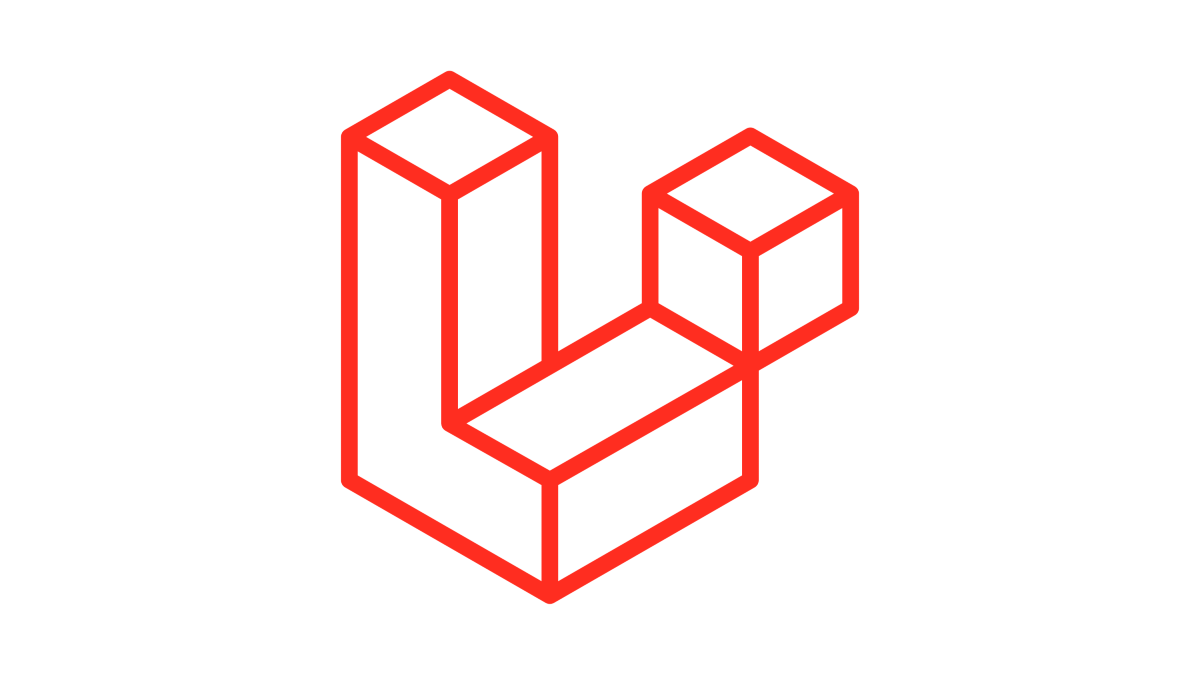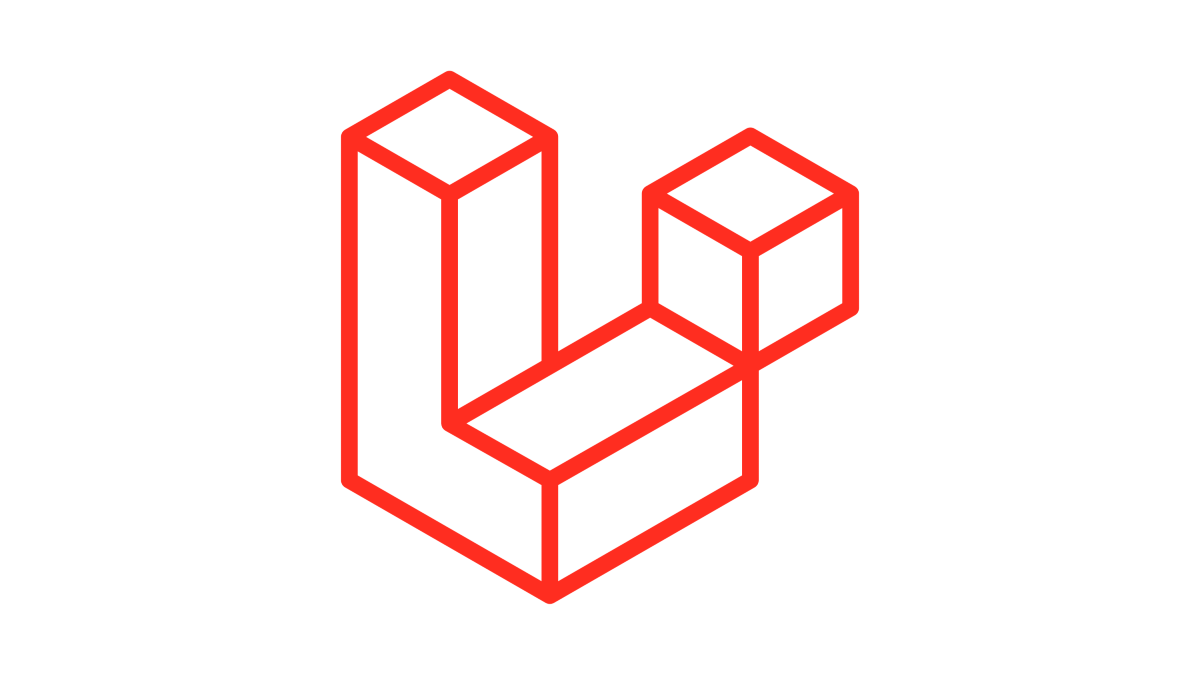Mastering Database Performance in Laravel
Database queries are often the bottleneck in web applications. This comprehensive guide explores advanced techniques to optimize your Laravel application's database performance.
Understanding the N+1 Problem
The N+1 problem is one of the most common performance issues in Laravel applications. It occurs when you load a collection of models and then access a relationship on each model:
// Bad: N+1 queries
$posts = Post::all();
foreach ($posts as $post) {
echo $post->author->name;
}
// Good: 2 queries total
$posts = Post::with('author')->get();
foreach ($posts as $post) {
echo $post->author->name;
}Advanced Eager Loading
Laravel offers several ways to optimize eager loading:
Nested Eager Loading
$posts = Post::with([
'author',
'comments.user',
'tags'
])->get();Conditional Eager Loading
$posts = Post::withWhereHas('comments', function ($query) {
$query->where('approved', true);
})->get();Query Optimization Techniques
Several techniques can significantly improve query performance:
1. Select Only Required Columns
// Instead of loading all columns
User::all();
// Load only what you need
User::select('id', 'name', 'email')->get();2. Use Chunking for Large Datasets
User::chunk(100, function ($users) {
foreach ($users as $user) {
// Process user
}
});3. Database Indexing
Proper indexing is crucial for performance. Add indexes to columns used in WHERE, JOIN, and ORDER BY clauses:
Schema::table('posts', function (Blueprint $table) {
$table->index('user_id');
$table->index('published_at');
$table->index(['status', 'published_at']);
});Caching Strategies
Implement intelligent caching to reduce database load:
Query Result Caching
$posts = Cache::remember('popular-posts', 3600, function () {
return Post::with('author')
->where('status', 'published')
->orderBy('views', 'desc')
->take(10)
->get();
});Model Caching
class Post extends Model
{
protected static function booted()
{
static::saved(function () {
Cache::forget('popular-posts');
});
}
}Query Debugging and Monitoring
Use Laravel's built-in tools to identify performance issues:
Laravel Debugbar
Install Laravel Debugbar to monitor queries in development:
composer require barryvdh/laravel-debugbar --devQuery Logging
DB::enableQueryLog();
// Your queries here
$queries = DB::getQueryLog();Advanced Database Features
Leverage advanced database features for better performance:
Raw Queries for Complex Operations
$results = DB::select(
DB::raw("
SELECT p.*, COUNT(c.id) as comment_count
FROM posts p
LEFT JOIN comments c ON p.id = c.post_id
GROUP BY p.id
HAVING comment_count > ?
"),
[5]
);Best Practices
- Always paginate large result sets
- Use database transactions for multiple related queries
- Consider read/write database separation for large applications
- Implement database connection pooling
- Regular database maintenance and optimization
Conclusion
Optimizing database performance is an ongoing process. By implementing these techniques and continuously monitoring your application's performance, you can ensure your Laravel application remains fast and responsive as it scales.



